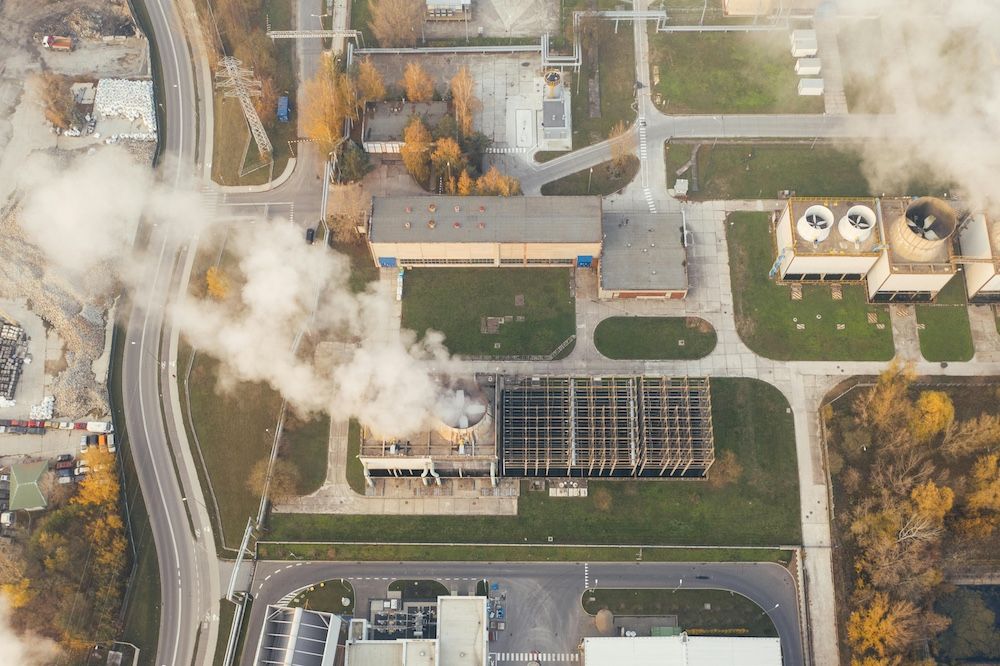Global warming is one of the most pressing challenges of our time. As temperatures rise, weather patterns become more erratic, and sea levels creep higher, the need for decisive action has never been clearer. While halting global warming entirely might be a tall order, there are several practical and impactful steps we can take to slow its progress and make a significant difference.
One of the most effective ways to combat global warming is by reducing our reliance on fossil fuels. Fossil fuels—like coal, oil, and natural gas—are major contributors to greenhouse gas emissions. By switching to renewable energy sources, we can significantly cut down on these harmful emissions. Solar and wind power are leading the charge. Imagine a world where rooftops are adorned with solar panels and vast wind farms stretch across the landscape. These technologies harness clean energy from the sun and wind, providing a sustainable alternative to fossil fuels. Hydropower, which uses flowing water to generate electricity, also plays a crucial role in this transition.
Energy efficiency is another cornerstone of our fight against global warming. This means using less energy to perform the same tasks. Simple changes in our daily lives can make a big impact. For example, upgrading to energy-efficient appliances, better insulating our homes, and using smart thermostats can all reduce our energy consumption. On a larger scale, improving energy efficiency in industries and transportation systems can help lower overall emissions. Electric vehicles, for instance, are becoming more popular as they offer a cleaner alternative to traditional gasoline-powered cars.
Our natural ecosystems are vital in the battle against global warming. Forests, wetlands, and other green spaces act as carbon sinks, absorbing CO₂ from the atmosphere. Reforestation—planting trees in deforested areas—helps restore these crucial carbon sinks. Similarly, protecting existing forests from logging and degradation is essential. Wetlands, which store large amounts of carbon and help regulate water flow, also need our protection and restoration efforts.
Policy changes are key to driving large-scale climate action. International agreements like the Paris Agreement set ambitious goals for reducing global greenhouse gas emissions. Countries around the world commit to lowering their emissions and investing in green technologies. At the national level, policies that put a price on carbon—such as carbon taxes or cap-and-trade systems—can incentivize businesses to cut their emissions. Supporting climate-friendly policies and holding governments accountable for their climate commitments is crucial for making real progress.
Innovation plays a huge role in solving climate challenges. Advancements in clean energy technologies, such as improved solar panels and more efficient wind turbines, can accelerate our transition to a low-carbon future. Research into carbon capture and storage technologies, which trap CO₂ emissions from industrial sources, also holds promise. Investing in these technologies and supporting research and development can drive significant progress in reducing emissions.
Sustainable practices are not just for governments and businesses—they start with each of us. By making conscious choices in our daily lives, we can reduce our carbon footprint. This includes simple actions like recycling, reducing waste, and adopting a more plant-based diet. Engaging with local communities on environmental projects and supporting sustainability initiatives can also amplify our impact. Stopping global warming is a collective effort. It requires global cooperation, innovation, and individual commitment. From transitioning to renewable energy to supporting effective policies and adopting sustainable practices, each step we take can contribute to a larger movement towards a more stable climate. The challenge is significant, but with determination and action, we can make a meaningful difference.
While stopping global warming completely might be out of reach, we have the tools and knowledge to slow its progress and mitigate its impacts. By embracing renewable energy, enhancing energy efficiency, protecting our ecosystems, supporting sound policies, fostering innovation, and practicing sustainability, we can work towards a healthier planet for ourselves and future generations. The path forward is clear, and the time to act is now.





